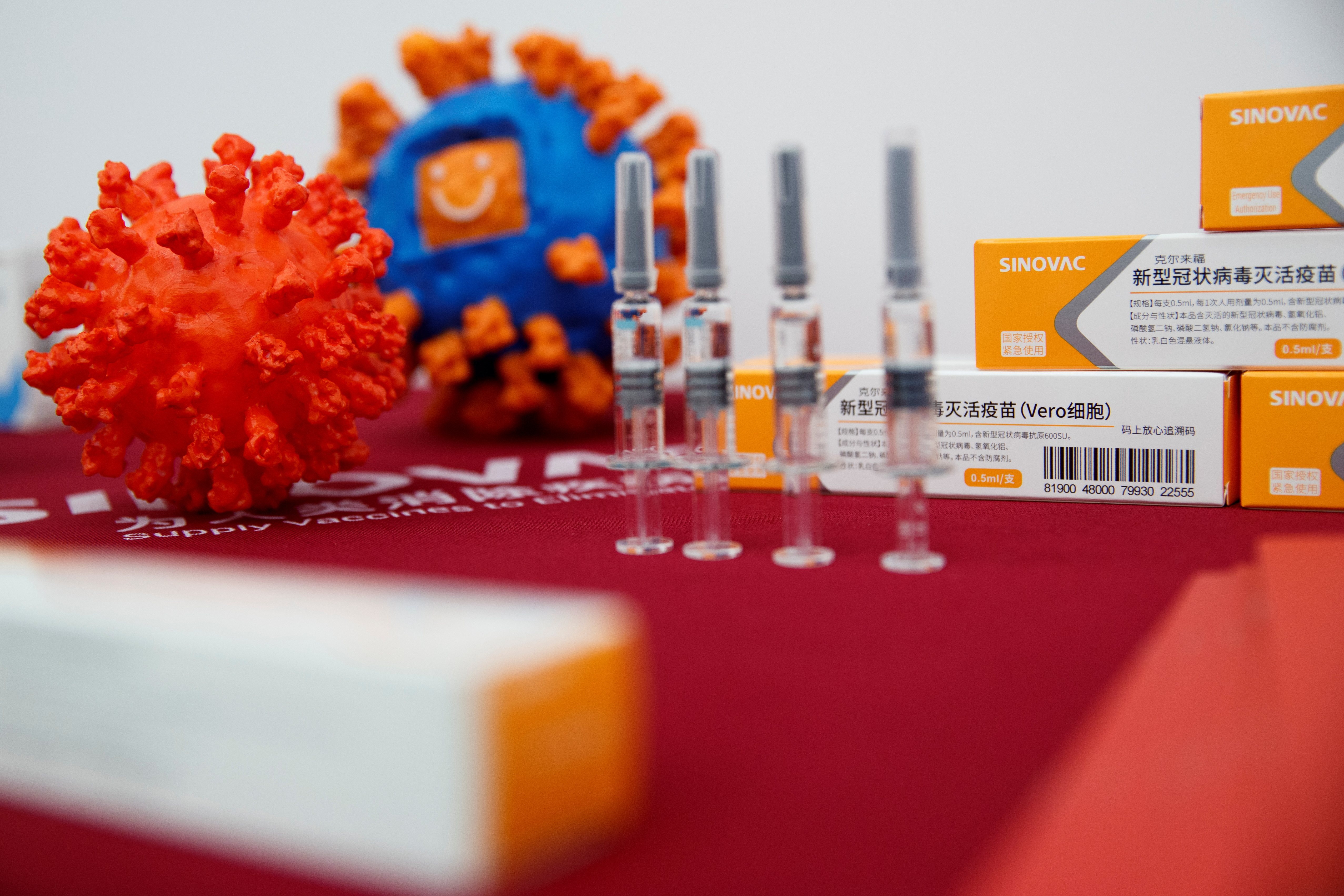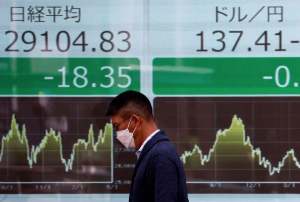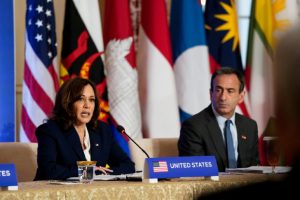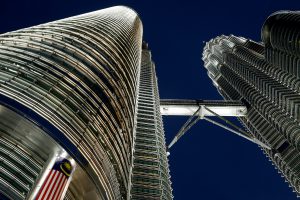(ATF) Coronavirus vaccine developments have been a shot in the arm for global markets, and nowhere has that been more evident than in Asia-Pacific, where strong economic recovery, combined with a sense of control over the pandemic, have boosted investors sentiment. That said, some countries in the region will grapple to get supply, and others may face challenges to meet transport storage requirements.
Japan’s benchmark Topix index jumped as much as 2.2% on Tuesday, hitting its highest level in two years. Australia’s S&P/ASX 200 rose 1.1% while South Korea’s Kospi added 0.8%.
Asian stocks were boosted by drugmaker AstraZeneca and Oxford University’s announcement that their joint Covid-19 vaccine candidate was up to 90% effective, depending on dosage.
“The light at the end of the tunnel sentiment has been mostly positive for Asian equities,” said Jeffrey Halley, senior Asia-Pacific analyst at Oanda, the New York-based forex brokerage.
The region is returning to near-normal, pre-pandemic economic activity, with the IMF revising upward its forecast for Vietnam’s 2020 GDP growth by 0.8 percentage points to 2.4 and Singapore expected to return to growth in 2021.
Commodities and trade levels are also rising. “Demand from Asia is reported to be brisk with physical cargoes being snapped up from Russia to the US,” said Bjarne Schieldrop, chief commodities analyst at SEB in Stockholm.
Data from Jefferies show that five Asia-Pacific nations – Australia, India, Indonesia, Japan and Vietnam – are among the biggest pre-purchasers of Covid-19 vaccines and analysts believe delivery will be relatively rapid. “We remain optimistic that … vaccines will be widely available by the middle of next year,” said Solita Marcelli, Americas investment head at UBS Financial Services.
Richer Asia-Pacific nations have already signed a number of deals for Western vaccines. Japan reached agreement with Pfizer and BioNTech SE to supply 120 million doses of its jointly developed vaccine candidate by the end of June 2021.
Meanwhile, the Australian government has made a $1.5 billion investment in the Pfizer candidate, as well as Novavax. It has also signed deals with the local CSL-University of Queensland candidate and the UK-based Oxford University-AstraZeneca project.
Less affluent Asian economies are expected to lean heavily on Chinese vaccine candidates, such as those from Sinovac, Sinopharm and CanSino, which will also supply China’s domestic market. The Indonesian government has signed a deal with all three for enough vaccine concentrate to make 143 million doses. Indonesia has also emerged as a hub for vaccine development, hosting a phase-3 clinical trial of the Sinovac candidate vaccine.
Last week, Indonesian president Joko Widodo volunteered to be the first person to receive a Covid-19 vaccine in the country, state media reported. While healthcare staff, civil servants, police and military, and teachers would receive priority vaccinations, it is not yet clear which vaccine would be given to the general public.
For its part, India is likely to lean on the Oxford-AstraZeneca candidate. “The company plans to have a stockpile of 100 million vaccines by end-2020 which can be used to immunise healthcare workers and high-risk groups once the product gets approval in India,” a Jefferies report noted on Tuesday.
“The positive clinical data from [AstraZeneca’s] vaccine trial should bring cheer [to the] Indian population. However, [it] will be able to vaccinate only 50% of population by end 2022, even if there are no supply [or] funding constraints,” the investment bank added.
Efficient distribution is key
How efficiently and effectively sprawling countries such as Indonesia and India can distribute a vaccine remains in question. The World Health Organization estimated in a 2005 report that up to 50% of vaccines are wasted globally every year, largely due to substandard supply chains. This may have improved, given that cold storage infrastructure has improved in Asian emerging markets such as India, but the WHO was unable to provide a more recent figure.
The Pfizer candidate, which requires storage at temperatures as low as minus 70 Celsius, will be a challenge for many countries. Moderna’s candidate needs to be frozen too, but only at minus 20 Celsius.
“One especially positive aspect of AstraZeneca’s trial vaccine is that it can be stored and shipped in a regular fridge, making it more practical to distribute than rival products by Pfizer and Moderna,” said Mark Haefele, chief investment officer at UBS Global Wealth Management.
Regional companies are gearing up for vaccine distribution. Malaysia-based Apex Healthcare said this week it would expand its cold chain distribution capabilities. “Apex will most likely seize the opportunity to become a wholesaler of Covid-19 vaccines from various manufacturers, instead of focusing on a particular manufacturer as its exclusive distributor,” said Isaac Chow, an analyst with Daiwa Securities.
To be sure, the prospect of a vaccine is not good news for all equities. Shares in Chinese manufacturer of personal protective equipment fell on Tuesday on news of the AstraZeneca-Oxford vaccine efficacy. China accounts for about 44% of global PPE shipments in 2020.
While the vaccine news is positive, there are many more steps to be taken, such as regulatory approval, manufacturing, licensing, distribution and sales. The virus might mutate more rapidly, requiring new and improved vaccines, although the head of Oxford’s vaccine group told Reuters on Monday that the vaccines would be relatively easy to modify.
After a decade of underperformance, analysts such as Marcelli at UBS, believe emerging markets will see a reversal thanks to a global rebound in economic activity over the coming quarters. “From a fundamental perspective, the rollout of coronavirus vaccines is an important catalyst,” she said.
























